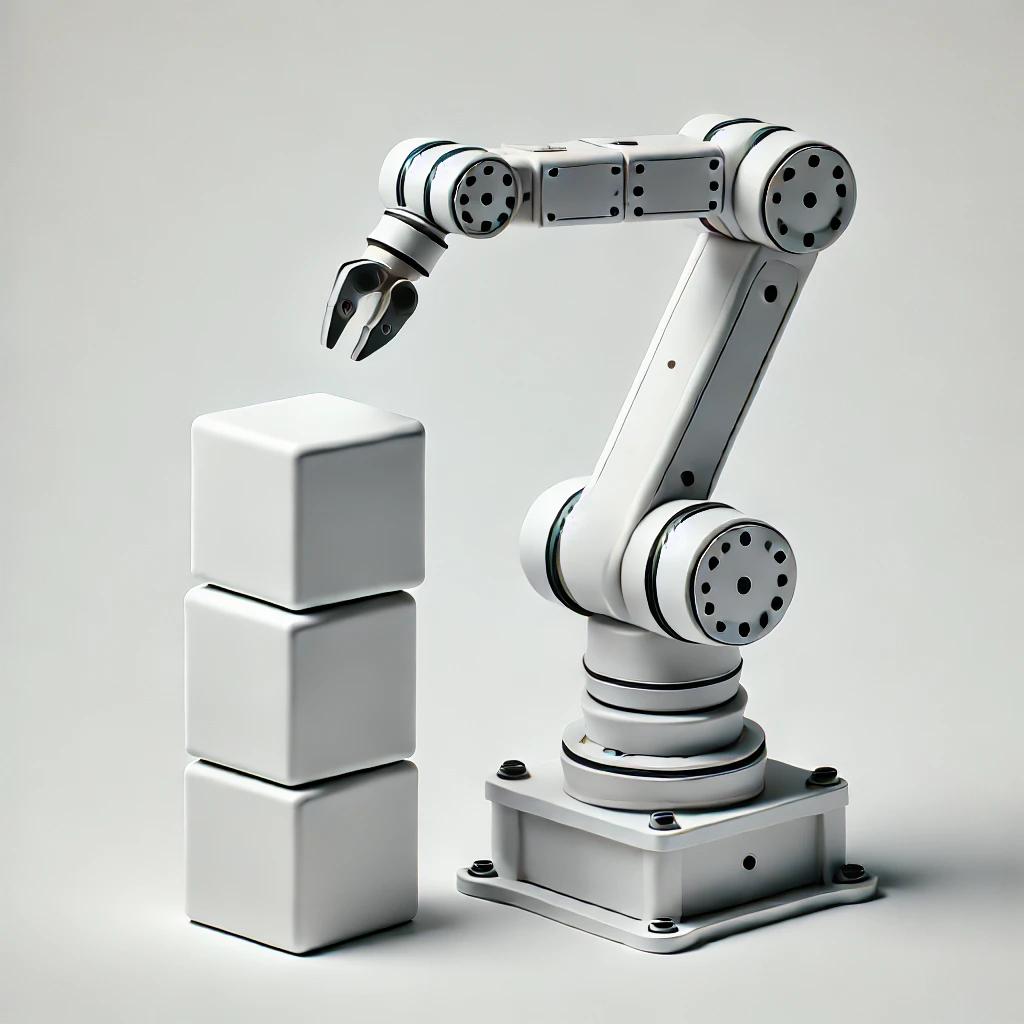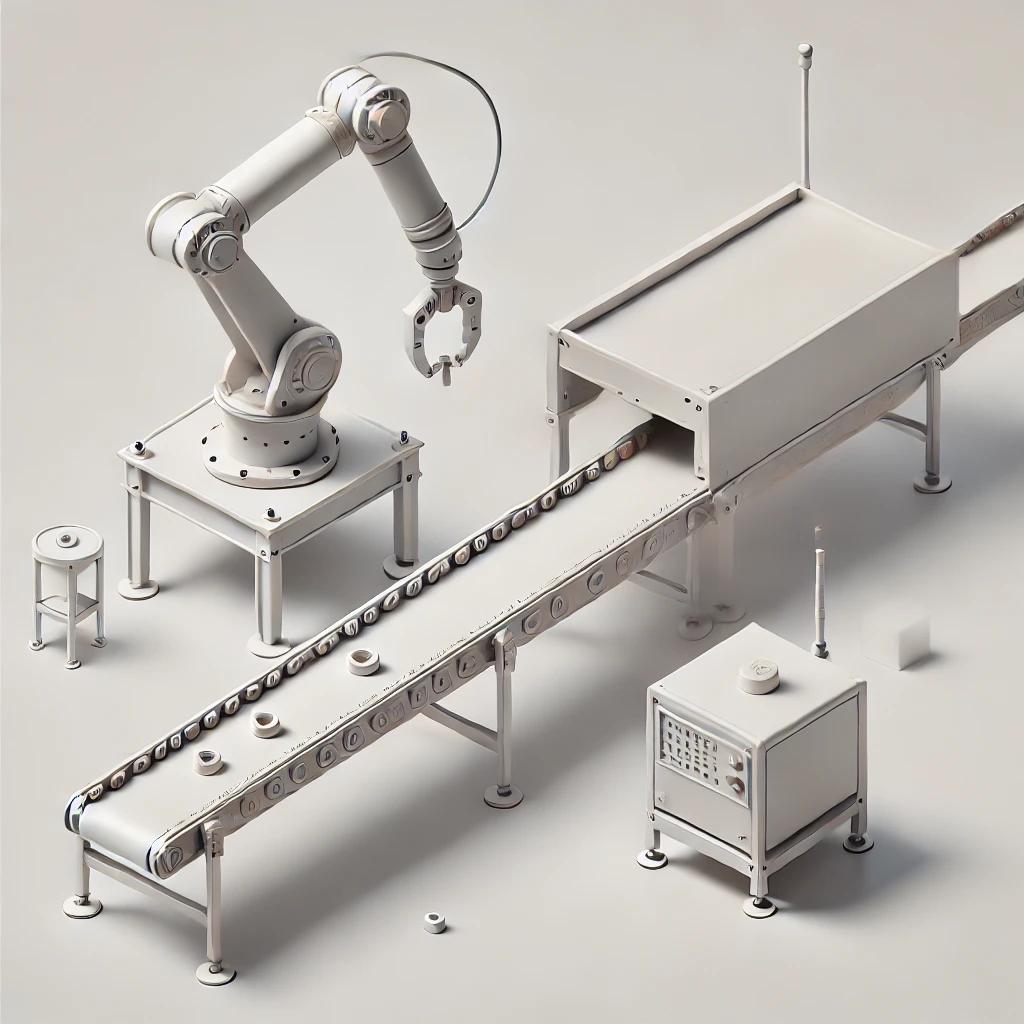Automation technician for Industry 4.0
The Automation Technicians for Industry 4.0 are responsible for creating, repairing, and maintaining basic automated systems in industrial settings. They have a solid understanding of mechatronics, automation, robotics, electrical engineering, electronics, pneumatics, and hydraulics. Their role includes operating Programmable Logic Controllers (PLCs), monitoring automated production systems, performing basic repairs and maintenance, and installing automated systems. They are also skilled in describing maintenance indicators and diagnostic techniques to ensure smooth operation of automated processes.
Lesson 1 - Introducing mechatronics, automated machines and plants work in industry 4.0
Students will use the Digital Twin to observe the operation of the CP Factory and how the mechanical systems interact through input signals managed by the microcontroller.
Through the Factory Digital Twin, students can launch a production order and monitor the entire connected process. Additionally, they can interact with specific components of the factory, such as the press module, by adjusting its operating parameters and observing its functionality in real-time.

Lesson 2 - Fundamentals of mechatronics, electrical engineering, electronics,
Students will be tasked with observing and interacting with a simulated automated system for Industry 4.0. They will manage simple operations involving sensors, connections, control systems, and electric actuators.
During this activity, participants will use the Factory’s Digital Twin to interact with a process motion sensor. They will have the ability to define waiting times, trigger restart events, and closely monitor every movement of the carrier.

Lesson 3 - Fundamentals of pneumatics and hydraulics
Students will interact with a simulated Industry 4.0 system, managing basic operations with pneumatic and hydraulic actuators (simulated in software).
Through the Factory’s Digital Twin, they will adjust the operating pressure of the pneumatic press and observe its functionality. Additionally, participants can enhance the CP Factory by adding new components from the system libraries and check energy parameters.

Fill-in and send the reservation form to start the process that will take you through the Automation technician for Industry 4.0 module
